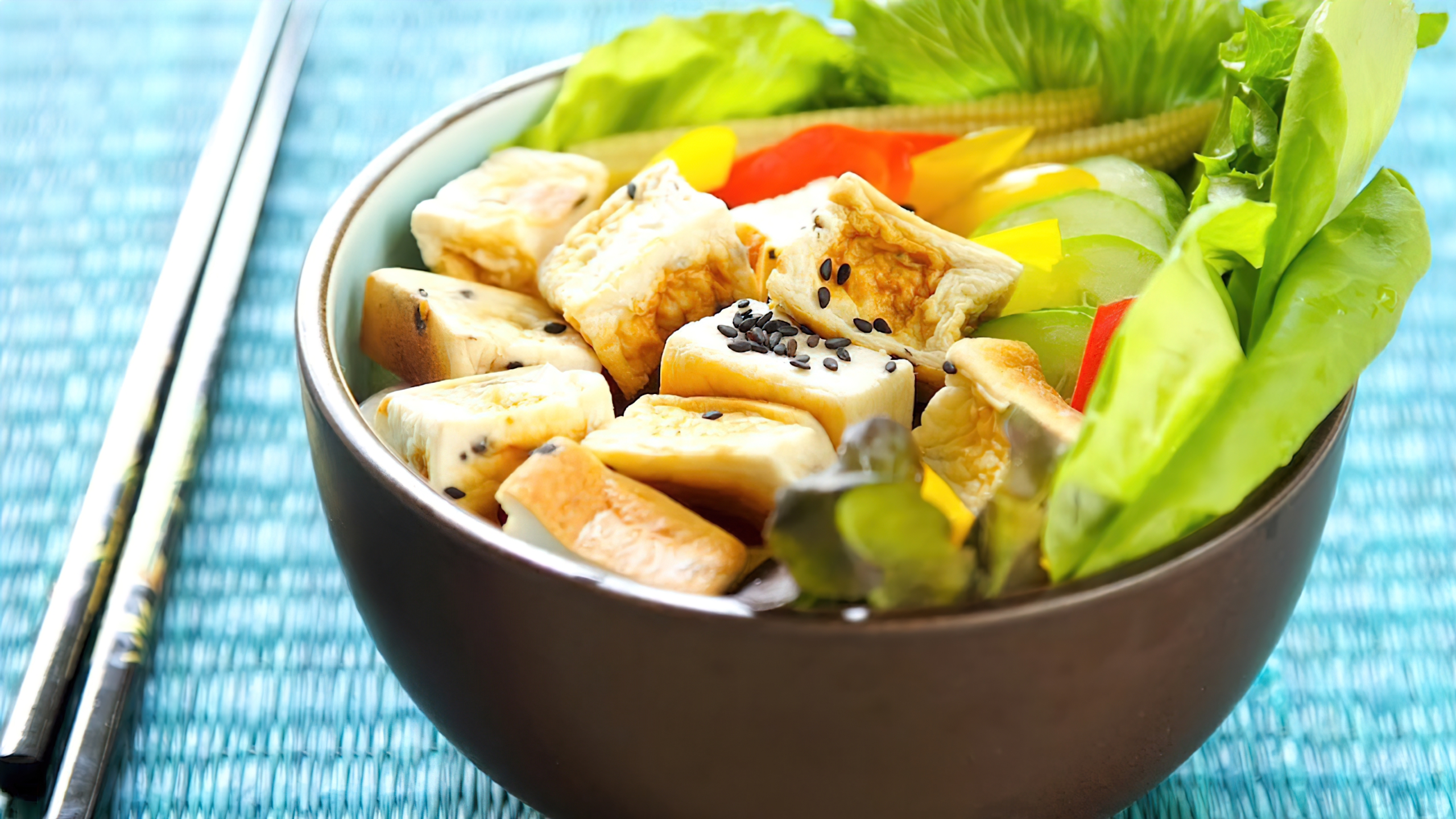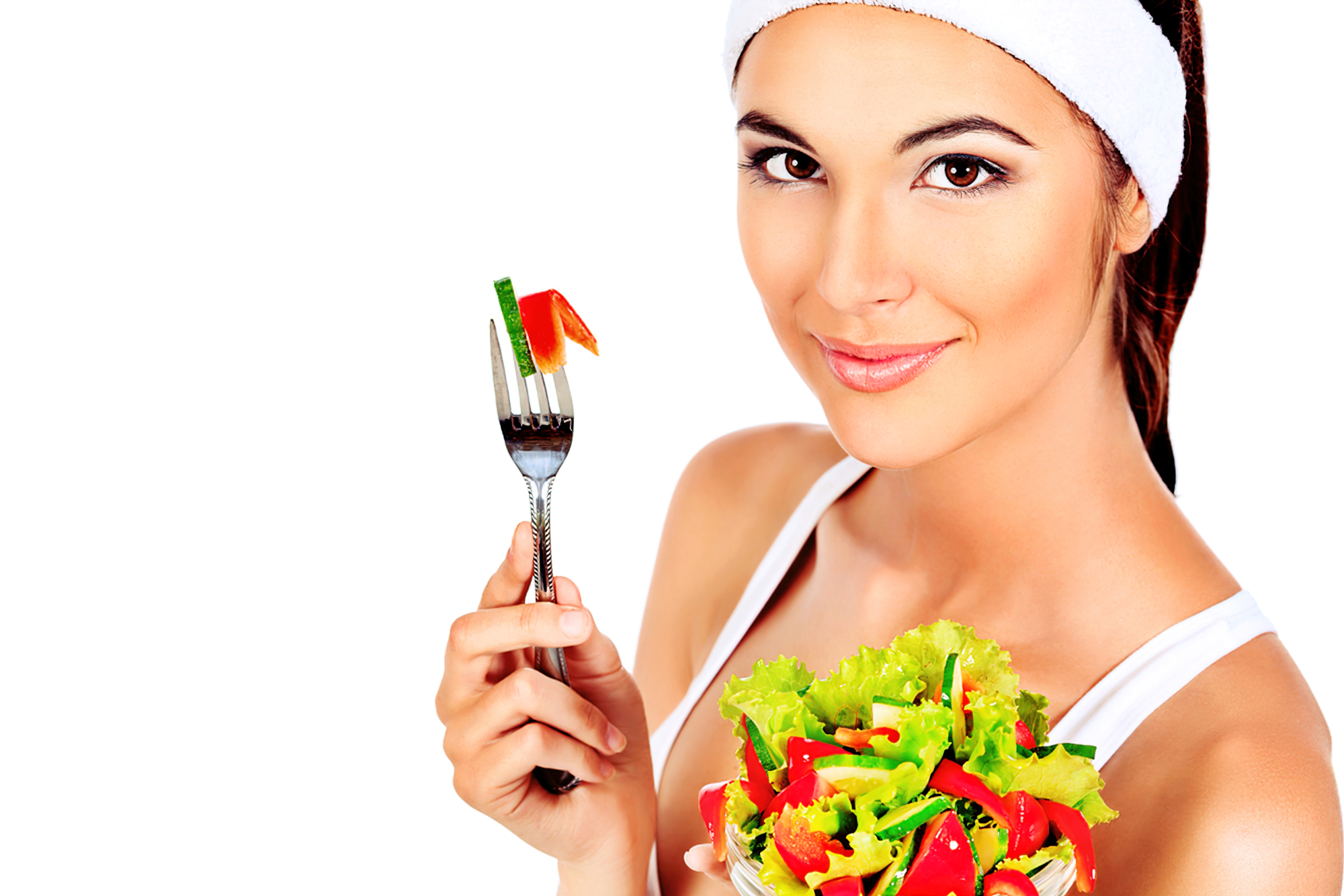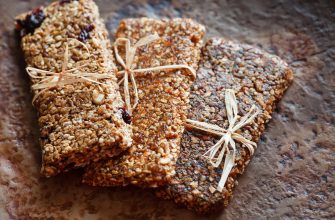Are you intrigued by superfoods and their potential health benefits? As a vegetarian, you might wonder how to incorporate these nutrient-dense foods into your plant-based diet. This guide will provide insight into the world of vegetarian superfoods, why they’re essential, and how to include them in your meals.
What Are Superfoods?
Superfoods are nutrient-dense foods thought to be particularly beneficial for health and well-being. They contain high levels of vitamins, minerals, and antioxidants. While there’s no scientific definition for “superfoods,” the term has become popular in recent years, highlighting foods with exceptional health benefits.
Vegetarian Superfoods
For vegetarians, a variety of superfoods can enhance nutrition and provide vital nutrients. Here are some must-have superfoods for a balanced vegetarian diet:
Quinoa: This grain is a complete protein, meaning it provides all essential amino acids. It’s also rich in fiber, iron, and magnesium.
Chia Seeds: These tiny seeds are packed with fiber, protein, omega-3 fatty acids, and a range of vital minerals.
Kale: This leafy green is loaded with vitamins A, K, and C, and also provides a good amount of calcium and iron.
Berries: Berries, like blueberries and strawberries, are rich in antioxidants and vitamin C.
Sweet Potatoes: They are high in vitamin A, vitamin C, fiber, and potassium.
Incorporating Superfoods into Your Diet
Incorporating these superfoods into your vegetarian diet can be simple and delicious. Here are some ideas:
Quinoa: Use it as a base for salads or as a side dish. It can also be used in baking or as a breakfast cereal.
Chia Seeds: Add them to smoothies, oatmeal, or yogurt. They can also be used to make chia pudding.
Kale: Use it in salads, stir-fries, or smoothies. Kale chips are a tasty, healthy snack.
Berries: Add them to smoothies, salads, or enjoy them as a snack.
Sweet Potatoes: They can be roasted, baked, or added to soups and stews.
Exploring More Vegetarian Superfoods
Let’s expand our list of vegetarian superfoods, looking beyond the usual suspects:
Almonds: These are rich in protein, healthy fats, fiber, and a variety of important nutrients.
Avocado: High in healthy fats and packed with vitamins C, E, K, and B-6, avocados also provide riboflavin, niacin, folate, pantothenic acid, magnesium, and potassium.
Flaxseeds: These seeds are a great source of omega-3 fatty acids and fiber. They can be ground and added to cereals, salads, and smoothies.
Spinach: It’s high in iron, calcium, and vitamins A, C, and K. Spinach can be added to salads, smoothies, or served steamed as a side dish.
Lentils: A great source of protein and fiber, lentils can be added to soups, salads, or served as a main dish.
Tips for Using More Superfoods
Here are some easy ways to incorporate these superfoods into your meals:
Almonds: Snack on them raw or add them to your salads, cereals, or smoothies. Almond butter is also a delicious spread for toast.
Avocado: Make guacamole, add them to salads or sandwiches, or use them in smoothies to add creaminess.
Flaxseeds: Ground flaxseeds can be mixed into smoothies, oatmeal, or yogurt. They can also be used as an egg substitute in baking.
Spinach: Use it in salads, soups, or smoothies. You can also sauté spinach for a quick and easy side dish.
Lentils: Cook them and add to soups, salads, or use them to make vegetarian burgers.
Conclusion
Superfoods are a valuable addition to a vegetarian diet, offering an abundance of nutrients in every bite. These foods can provide a significant boost to your overall health when incorporated into a balanced diet. Remember to enjoy a variety of these superfoods, as each one offers unique health benefits. Happy eating!
